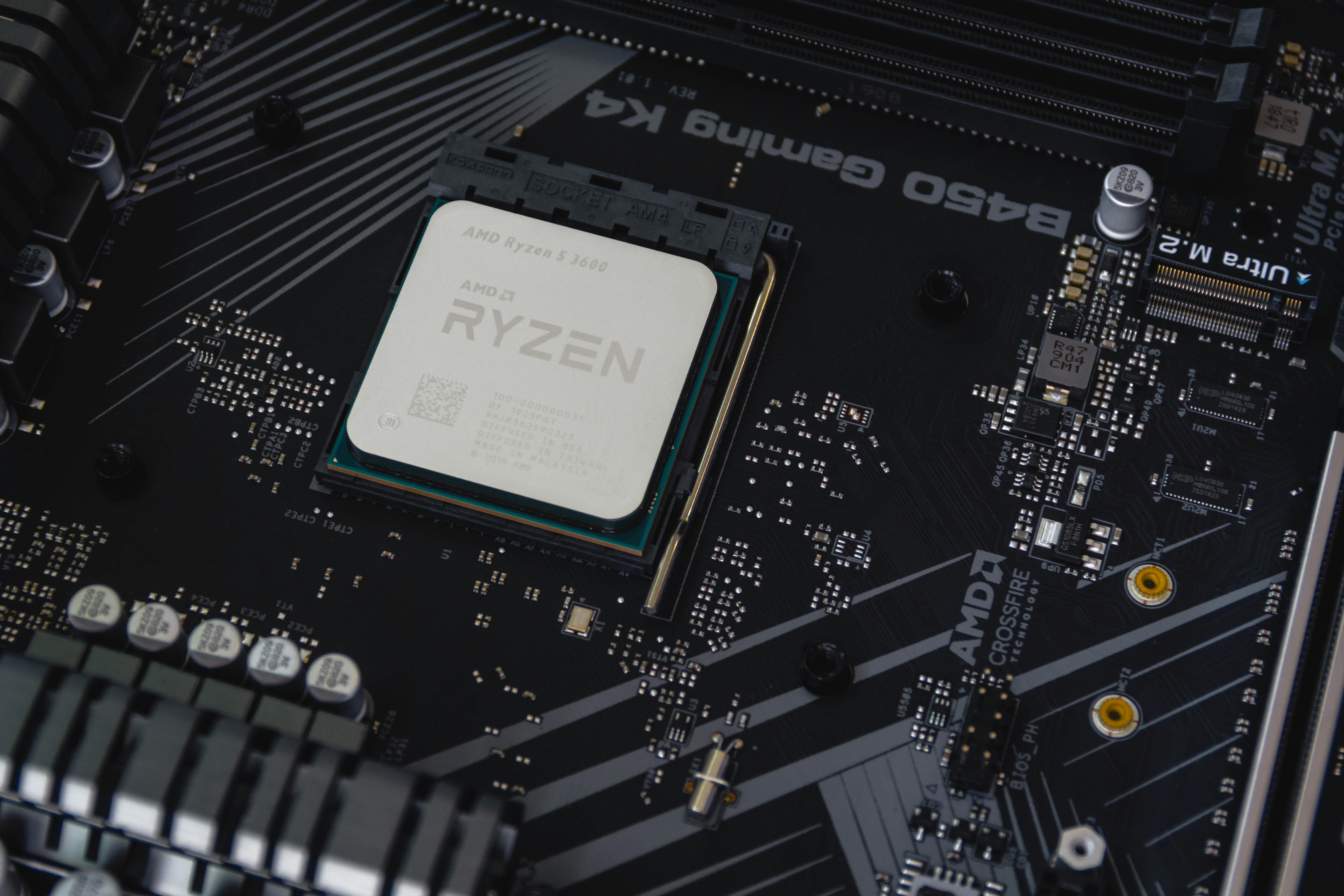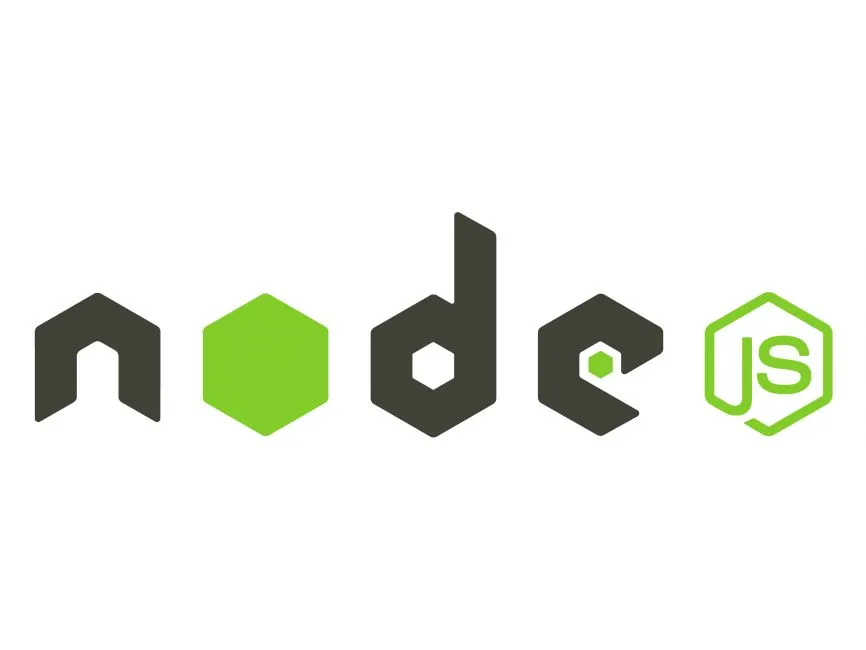Quantum Computing: An In-Depth Exploration and Assessment
Rohit Raut
04, May 2024

Quantum computing, a cutting-edge technology that applies the principles of quantum mechanics to computation, has the potential to revolutionize different industries and solve complex problems at an unprecedented speed. This article aims to delve into the fascinating world of quantum computing, explaining its principles, potential, and how it could reshape the future.
The Advent of Quantum Computing
Quantum computing marks a radical shift in the field of technology. Unlike conventional computers that process bits representing either 0 or 1, quantum computers utilize quantum bits, or qubits, that can represent 0, 1, or both at the same time. This breakthrough is set to redefine the realm of computation, offering solutions to problems that lie beyond the reach of classical computers.
The Science Behind Quantum Computing
-
Quantum Bits (Qubits) : The fundamental building blocks of quantum information are qubits. Unlike traditional bits, which are based on either 0 or 1, qubits can use 0, 1, or both states simultaneously. This unique property of qubits enables quantum computers to process a vast amount of information in parallel, leading to remarkable computational speed.
-
Quantum Superposition and Entanglement : Two phenomena in the realm of quantum mechanics that empower quantum computers are superposition and entanglement. Superposition allows qubits to exist in multiple states simultaneously, significantly enhancing computational power. On the other hand, entanglement creates a correlation of multiple qubits, such that the state of one qubit affects the state of another. These phenomena open up new possibilities for secure communication and quantum teleportation.
Quantum Computing vs Classical Computing
While classical computers have served us well for decades, they are limited by the laws of physics. On the other hand, quantum computers aim to address these limitations using quantum mechanics to solve complex problems faster and more efficiently.
Potential Applications of Quantum Computing
-
Cryptography and Cybersecurity : Quantum computers can potentially break many of the encryption algorithms used today. Nevertheless, they can also ensure unbreakable encryption through quantum cryptography, leveraging the principles of quantum mechanics.
-
Optimization Problems : Quantum computing’s ability to explore multiple solutions simultaneously can revolutionize optimization algorithms, enabling faster and more efficient problem-solving. This capability is particularly beneficial for industries such as logistics and supply chain management.
-
Drug Discovery : Quantum computing can assist the pharmaceutical industry by using quantum algorithms to analyze vast amounts of data and simulate molecular interactions more accurately. This can help in designing new drugs, reducing costs, and saving lives.
-
Quantum Computing in Machine Learning/Artificial Intelligence : Quantum computing can enhance machine learning by solving complex problems faster, recognizing patterns better, and training deep neural networks more quickly.
The Future of Quantum Computing
The future of quantum computing is filled with exciting possibilities. Quantum supremacy holds the key to solving complex problems that are beyond the reach of classical computers. Here are some potential advancements that could revolutionize the world:
-
Quantum Supremacy : Quantum supremacy unveils the potential of quantum computing that surpasses classical computers with its effective super computational power.
-
Quantum Internet : A quantum internet could enable secure communication with unbreakable quantum encryption, connect quantum computers globally, facilitate quantum information exchange, and open up new avenues for collaboration and research.
-
Quantum Machine Learning : Combining quantum computing with machine learning holds great promise. Quantum machine learning algorithms could enhance pattern recognition, optimization, and data analysis, leading to groundbreaking applications in fields such as healthcare, finance, and logistics.
The Challenges in Quantum Computing
Despite its potential, the path to realizing practical quantum computers is fraught with challenges. Quantum systems are incredibly delicate and susceptible to noise and interference. Researchers are striving to overcome these obstacles by developing error-correcting codes and robust hardware designs.
Conclusion
Quantum computing is an innovation in the field of technology with the potential to revolutionize various industries with its most effective computational power. As research continues to advance, we are on the brink of a quantum revolution that will redefine the boundaries of technology and innovation.


